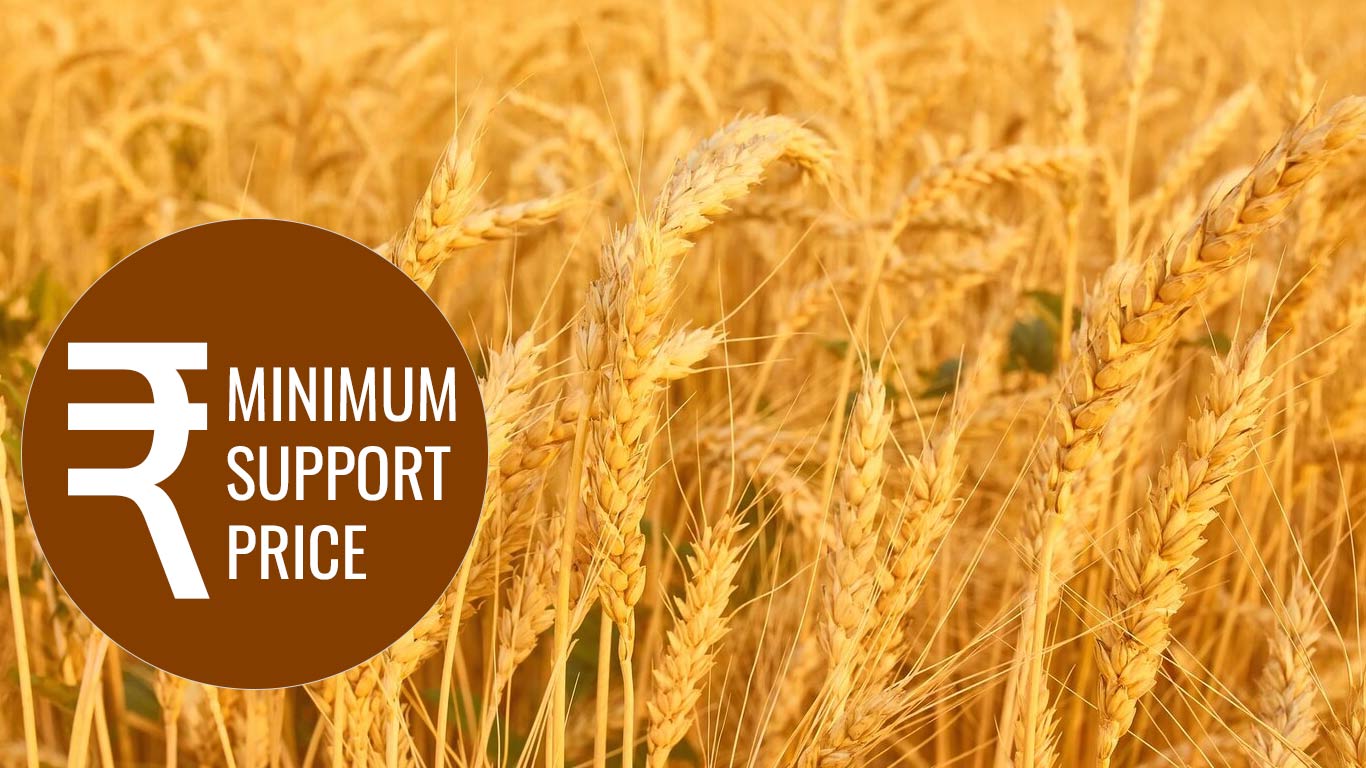Ministries Flag Concerns About Uneven MSP & Low Returns Amidst Surging Oil Imports
Updated: Jan 02, 2024 01:29:14pm

Ministries Flag Concerns About Uneven MSP & Low Returns Amidst Surging Oil Imports
New Delhi, Jan 2 (KNN) Several Union ministries have raised concerns about the uneven minimum support price (MSP) across different crops, asserting that it hampers crop diversification and disproportionately favors certain states. These concerns surfaced in response to a proposal to set MSP for rabi crops during the 2024-25 marketing season, as revealed by an RTI.
The Cabinet, on October 18, 2023, granted approval for an increase in the MSP for various rabi crops, including wheat, barley, gram, lentil, rapeseed and mustard, and safflower, for the marketing season of 2024-25. The approved increments ranged up to 7.08% for lentils and 7.06% for wheat compared to the previous year. However, the disparities in MSP across different crops have sparked concerns among Union ministries regarding the impact on agricultural diversity and the potential concentration of benefits in specific states.
The Department of Food & Public Distribution has expressed dissatisfaction with the effectiveness of the Minimum Support Price (MSP) for oilseeds, noting that it has not yielded the desired outcome of boosting domestic production.
Currently, India continues to depend on imports to meet 55% of its oilseed requirements. The department highlighted the alluring 102% rate of return for wheat and 98% for rapeseed/mustard, which attracts farmers to cultivate these crops.
In contrast, other crops such as pulses and safflower, offering lower returns, discourage farmers from their cultivation, leading to increased reliance on imports, as stated in the department's letter dated September 14.
Despite anticipated growth in oilseed production for 2022-23, with mustard production expected to rise by 5.31 lakh metric tonnes and safflower by 0.04 lakh metric tonnes compared to 2021-22, India is projected to continue relying on imports to fulfill its edible oil requirements.
The Department of Expenditure highlighted a skewed preference for wheat procurement, emphasizing the need to address the imbalance in the states benefiting from it.
In a letter dated September 25, the department urged clarification on the substantial MSP increases for wheat (7.06%) and lentil (7.08%) compared to previous years. Emphasizing the role of MSP in promoting crop diversification, it stressed the importance of incentivizing oilseeds and pulses production.
The department suggested exploring non-price recommendations, including advancing farm mechanization, and proposed routing the proposal through the Expenditure Finance Committee's appraisal/approval mechanism.
In its September 11 letter, NITI Aayog highlighted the low productivity of pulses in rice fallow areas across many states, urging the Department to address this concern.
(KNN Bureau)












